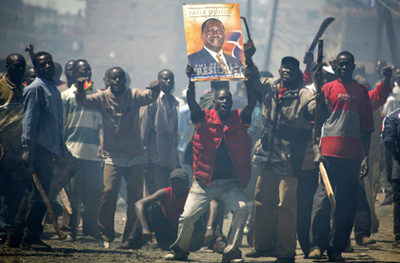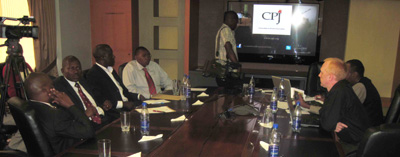
Nairobi Attacks launch probes investigative reporting
At CPJ’s book launch of our annual survey of press freedom conditions across the world, Attacks on the Press, today in Nairobi, we focused on the growing theme of challenges to investigative journalism in Africa, with a particular look at East Africa. The subject certainly resonated with the local and foreign journalists here.
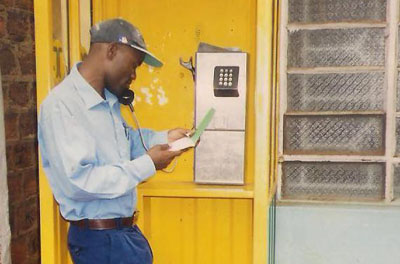
Kenyan journalist’s murder case postponed again
Kenyan journalist Francis Nyaruri went missing on January 16, 2009 after writing a series of articles for The Weekly Citizen about corruption and malpractice by local police and civil servants. Thirteen days later, his bound and decapitated body was found near his hometown of Nyamira, northwest of the capital city of Nairobi. Twenty-two months after…
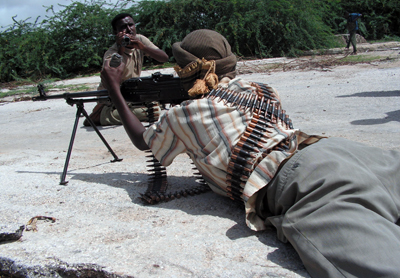
‘A Somali journalist’s life is short anyways’
In August, Shabelle Media Network, one of Somalia’s leading independent broadcasters, did something incredibly brave–they rebroadcast news and music that the BBC’s Somali-language service beams to the war-torn Horn of African nation in defiance of a ban imposed by hard-line militant Islamist rebel groups Al-Shabaab and Hizbul Islam. For Somali journalists, who risk death by crossfire and assassination, and censorship from both…
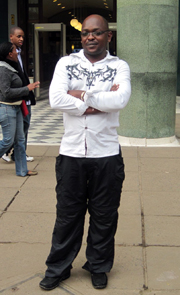
A lesson for South African media: Look to Kenya
The chorus of voices opposing the South African government’s proposed Protection of Information Bill and state-backed ombudsman continue to grow. South Africa’s Business Day estimates the press produces three articles per day opposing what many journalists see as an attempt by the ruling party to muzzle investigative reporting. More than 30 editors from major papers published protest messages…

CPJ launches yearly findings globally, and is heard
On February 16, CPJ held an ambitious international launch of our annual report Attacks on the Press. We coordinated events in six cities on four continents in order to expand the reach of our international headlines while also focusing on specific issues in each region. So how did we do?
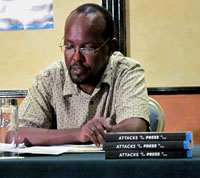
African journalists face increasing risk for foreign outlets
“I didn’t wear the bulletproof jacket and helmet that Reuters gave me,” explained veteran Somali journalist Sahal Abdulle to a packed crowd at Nairobi’s Serena Hotel for CPJ’s launch of Attacks on the Press. “It didn’t seem right when my colleagues, local journalists, were risking their lives trying to cover the same event.” Abdulle, like…
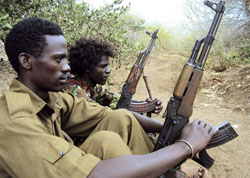
Ethiopia pushes Kenyan TV to drop report on rebels
Last week, the Ethiopian government tried to force private Kenyan broadcaster Nation Television (NTV) to drop a four-part exclusive report on separatist rebels in southern Ethiopia. NTV aired the first two parts of “Inside Rebel Territory: Rag-Tag Fighters of the Oromo Liberation Front,” which led Ethiopia’s ambassador to Kenya to accuse the Nation Media Group of giving a platform…
Mission Journal: Mysterious raid draws new concerns
On March 2, 2006, Kenyan state agents conducted a commando-style midnight raid on the Standard Group, owner of an independent daily and KTN Television in the capital, Nairobi. The agents seized computers and tapes, vandalized a printing press, and burned roughly 20,000 copies of The Standard, Chief Executive Officer Tom Mshindi told me recently in…
In Kenya, a flawed U.S. comparison to bolster a faulty law
Kenyan President Mwai Kibaki says he will reconsider the deeply flawed communications legislation that he signed into law at the beginning of the year. Kibaki said he would direct the Information Ministry and attorney general to consider the concerns of Kenya’s media and present them to the cabinet for possible legislative revision. CPJ and other…
